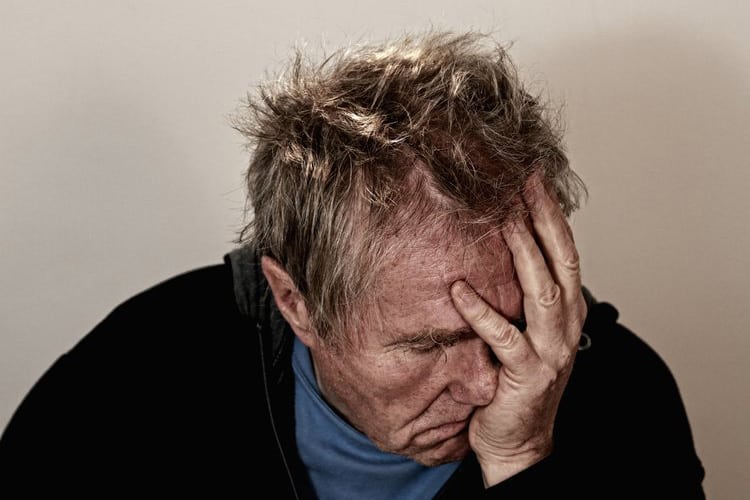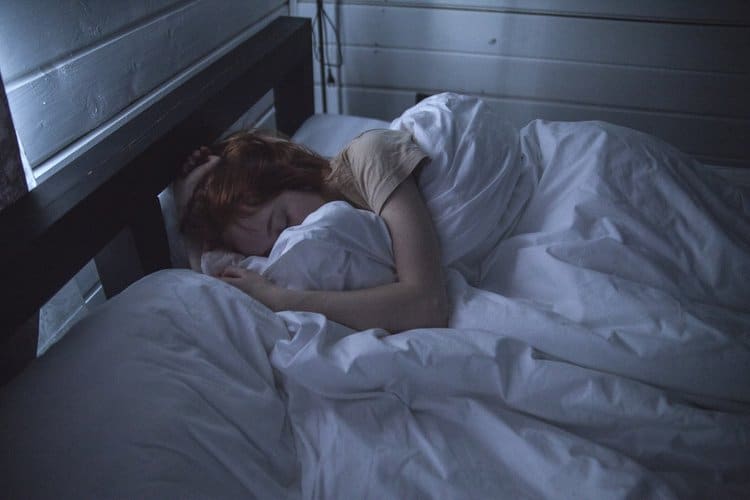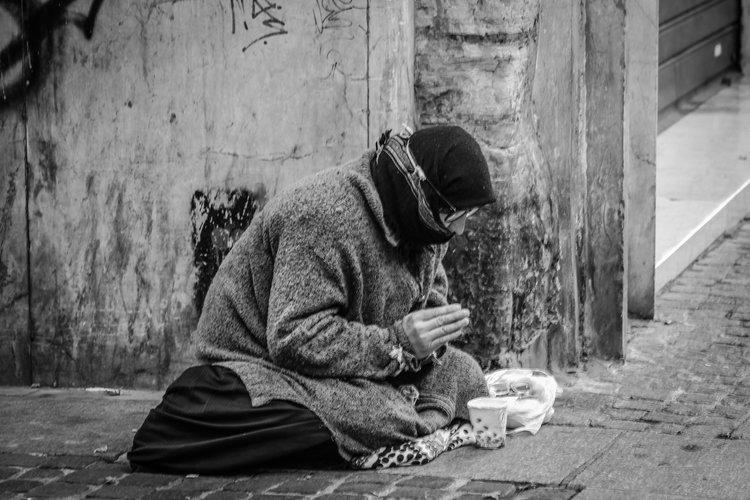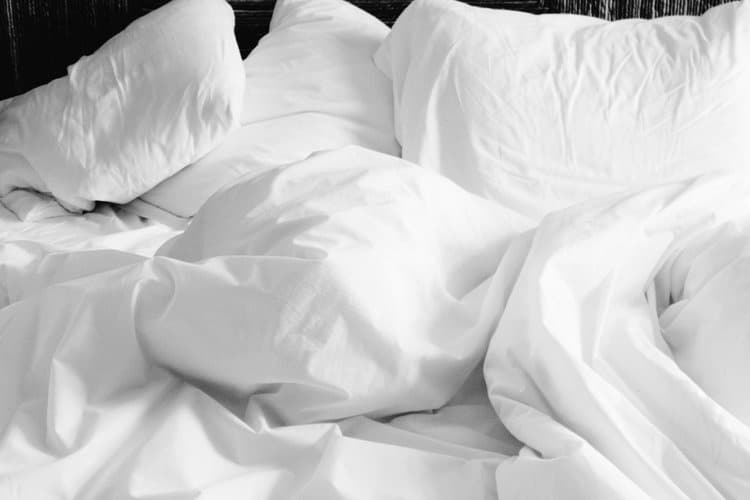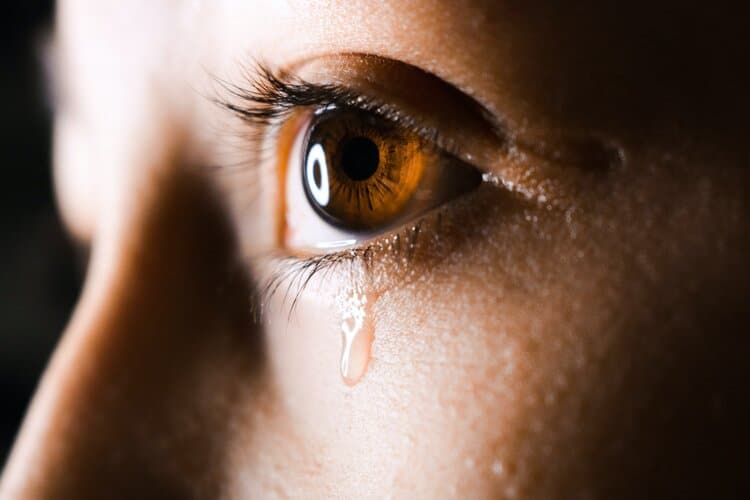Conditions We Treat
We provide treatment for a variety of conditions. We recognize that the best way to approach self-care and well-being is to understand and treat the underlying causes of distress. We also acknowledge that mental health wellness is a journey and can’t be treated overnight. That’s why we pride ourselves in taking the time to understand your individual needs so that we may treat you holistically. Read about the conditions we treat below.
Depression and Grief
Feelings of sadness, loss of pleasure, hopelessness, or irritability. Some people can meet criteria for depression despite not feeling sadness, per se. If you have had thoughts of suicide please be seen in a hospital setting immediately.
Anxiety and Panic
Anxiety is a normal emotion, but if you have felt feelings of excess worry, nervousness, or unease, to the point it impairs you, we can help.
Substance Use and Addiction Treatment
Our psychiatrist is fellowship trained in Addiction Psychiatry and can provide treatment for alcohol use, opiate use (heroin), methamphetamine, cannabis and nicotine/tobacco use.
PTSD
Sometimes life is not the same after trauma. We are all vulnerable, fragile beings and unwanted experiences can and will happen to all of us. We will emphasize healing through meaning, helping you enhance your own resilience as some aspects of our lives won’t ever be the same again. We will focus on restructuring these memories, managing current relationships, social redefinition, circadian disruption, and finding meaning.
Elderly Mental Health
Age causes us to reorder life priorities, to live life more intensely and authentically. Telepsychiatry is ideal for older individuals struggling with mobility and accessibility. We can provide treatment for mood disorders, coping with loss and finding meaning, medication review or simplification, or a second opinion.
Young Adult/College students
Telepsychiatry is ideal for college students who need to move frequently and may therefore deal with having to see numerous psychiatrists. Depression is a product of stressors such as pressure to perform in school, pressure to fit in socially, having a limited income, being isolated and overburdening one’s self with extra-curricular activities.
Sleep Problems
We will discuss your sleep habits and also determine if your mood or racing thoughts are contributing to your difficulty sleeping.
Fatigue
Fatigue, or low energy, can be caused by a variety of factors: mood, poor sleep, obstructive sleep apnea, low vitamin levels (vitamin D, vitamin B1, B6, B12, folate), low blood counts, or heart arrhythmias. It requires a very comprehensive evaluation to determine the cause, which is usually multifactorial.
Bipolar Disorder
Individuals with bipolar disorder can present very differently from one another. Sometimes concurrent use of substances can mimic bipolar disorder.
Schizophrenia
Schizophrenia, schizoaffective disorder, and other psychotic disorders can be treated with both medications and cognitive therapy to help individuals become more comfortable with various symptoms of psychosis. Hallucinations are in fact a surprisingly common symptom for most individuals, even those who never meet criteria for schizophrenia. For example, sometimes hallucinations can be experienced around the time of sleep, or with sleep deprivation, substance use, withdrawal from substances, or grief.

Chronic Pain
Although we do not prescribe opiates, there are a number of psychiatric medications that can be useful for treating chronic pain, such as duloxetine or cymbalta, milnacipran or savella, gabapentin, or clonidine. In addition to seeing your regular pain physician, there are strong psychiatric components to pain.
Sexual Disorders, Gender Dysphoria, LGBTQ
Sexual dysfunctions are widely varied and may include: hypoactive sexual desire, orgasmic disorder, delayed or premature ejaculation, genito-pelvic pain, dyspareunia. Paraphilic disorders include: exhibitionism, masochism, voyeurism. LGBTQ individuals are at higher risk of mood disorders, such as depression or anxiety.
Body Dysmorphic Disorder
Refers to having a preoccupation with perceived flaws in physical appearance, with associated repetitive behaviors (mirror checking, excess grooming, skin picking, reassurance seeking). A subtype includes muscle dysmorphia, where an individual has an obsessive desire for a muscular physique.
Eating Disorders
Eating disorders include anorexia nervosa, bulimia, binge eating, avoidant/restrictive, and pica.
Personality Disorders
Although one’s personality is thought of as an unchanging trait, a personality disorder can be treated/improved with insight oriented therapy. Personality disorders include: borderline, histrionic, narcissistic, avoidant, paranoid, antisocial, schizoid, schizotypal, and dependent.
Latest News in Telepsychiatry

Your first online psychiatric consultation: what to expect and how to prepare
The first appointment with a psychologist can be a challenging first step, and many people feel anxious or uncertain about it. Uncertainty about what will happen during the consultation with the psychiatrist can cause initial resistance, which, if maintained, can unnecessarily prolong appropriate treatment.

Why Telepsychiatry Is the Future of Care
Telepsychiatry is the provision of psychiatric care over safe digital networks. It allows the provider to communicate with the patients virtually.

ADHD Therapist Near Me: Diagnosis and Treatment
ADHD affects attention, impulsivity, and activity levels due to brain-based differences, not laziness or lack of discipline. It continues into adulthood and impacts work, relationships, and daily life.
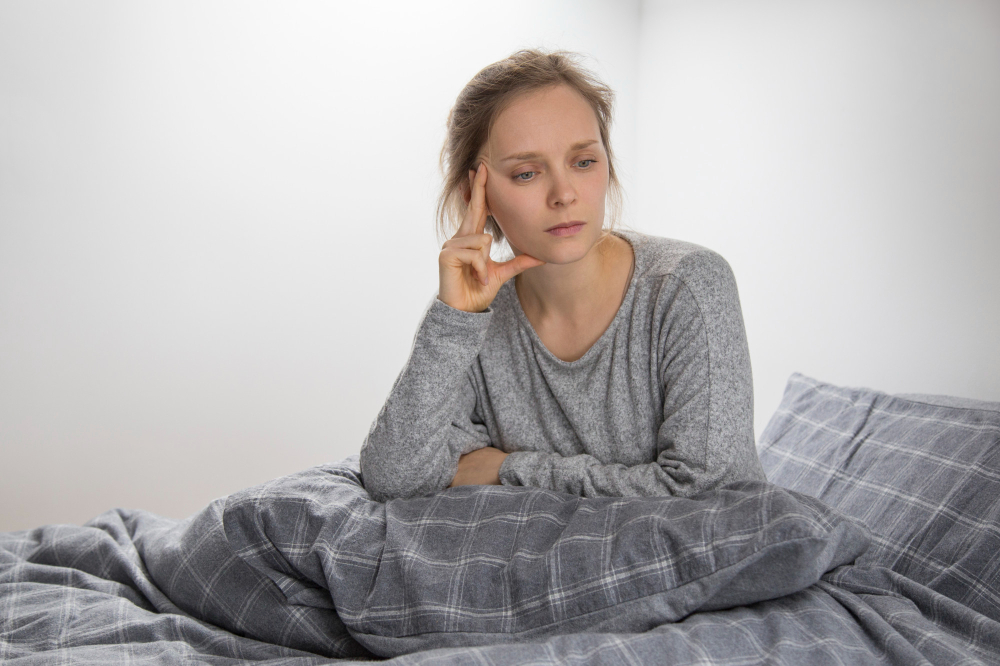
How Depression Affects Sleep?
Learn whether caffeine helps ADHD symptoms and what research says about its benefits and risks. Discover expert pediatric/ adult ADHD treatment advice from TelepsychHealth.
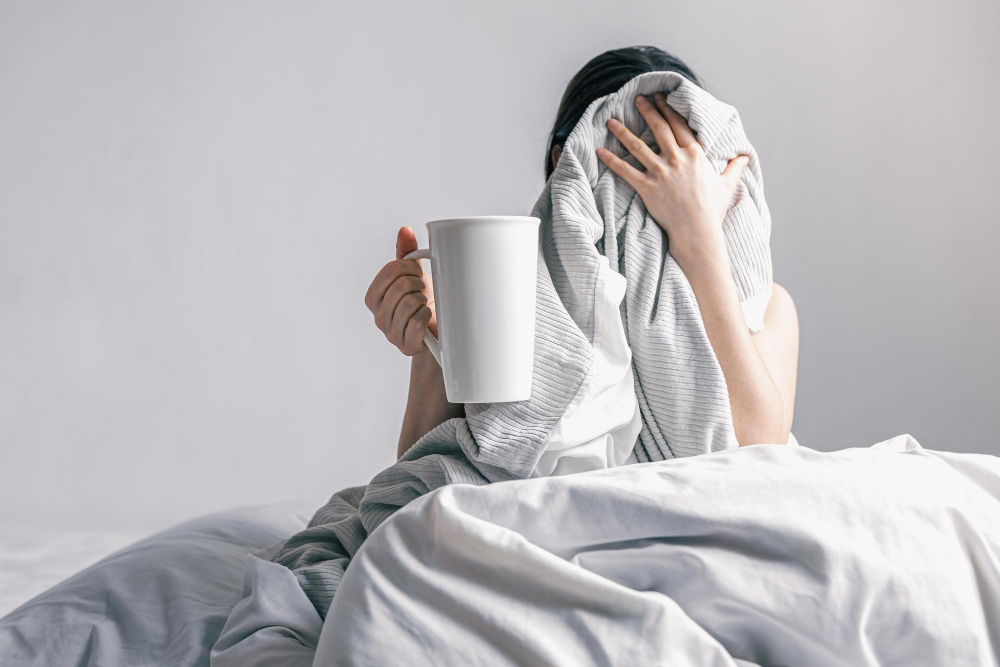
How to Break the Cycle of Morning Anxiety
Struggling to focus due to ADHD? Discover how to focus with ADHD using therapy, medication, structure, brain training, and tech strategies. TelepsychHealth offers expert online ADHD care.
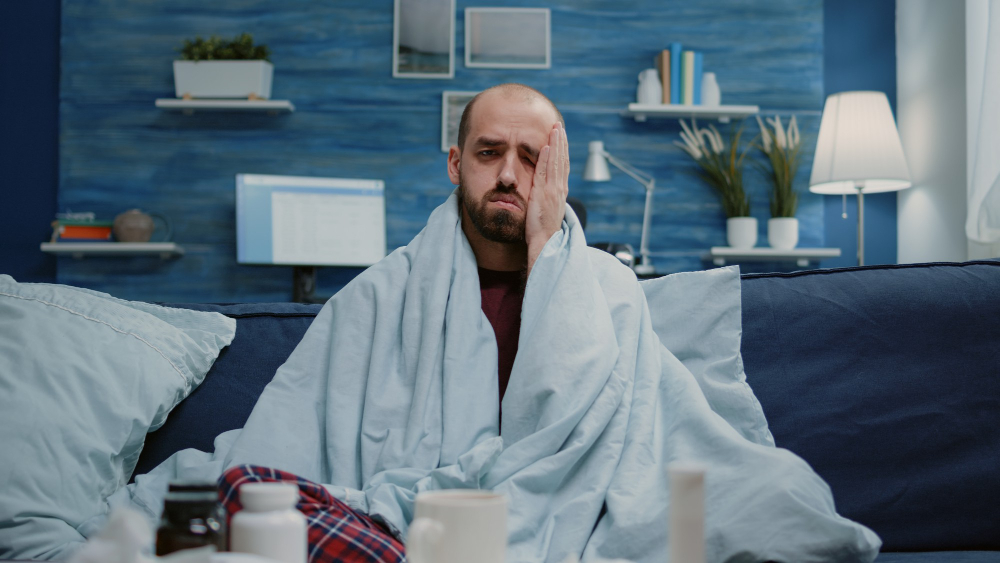
Narcolepsy: Symptoms and Coping Strategies
Explore narcolepsy symptoms—from sleep attacks and cataplexy to hallucinations—and learn practical medication and coping strategies. TelepsychHealth offers remote psychiatry and support for improved daily living.

Anxiety Treatment and Telehealth Near Me: Get Help in Your State
ADHD affects attention, impulsivity, and activity levels due to brain-based differences, not laziness or lack of discipline.
It continues into adulthood and impacts work, relationships, and daily life.

Does caffeine help ADHD?
Learn whether caffeine helps ADHD symptoms and what research says about its benefits and risks. Discover expert pediatric/ adult ADHD treatment advice from TelepsychHealth.





